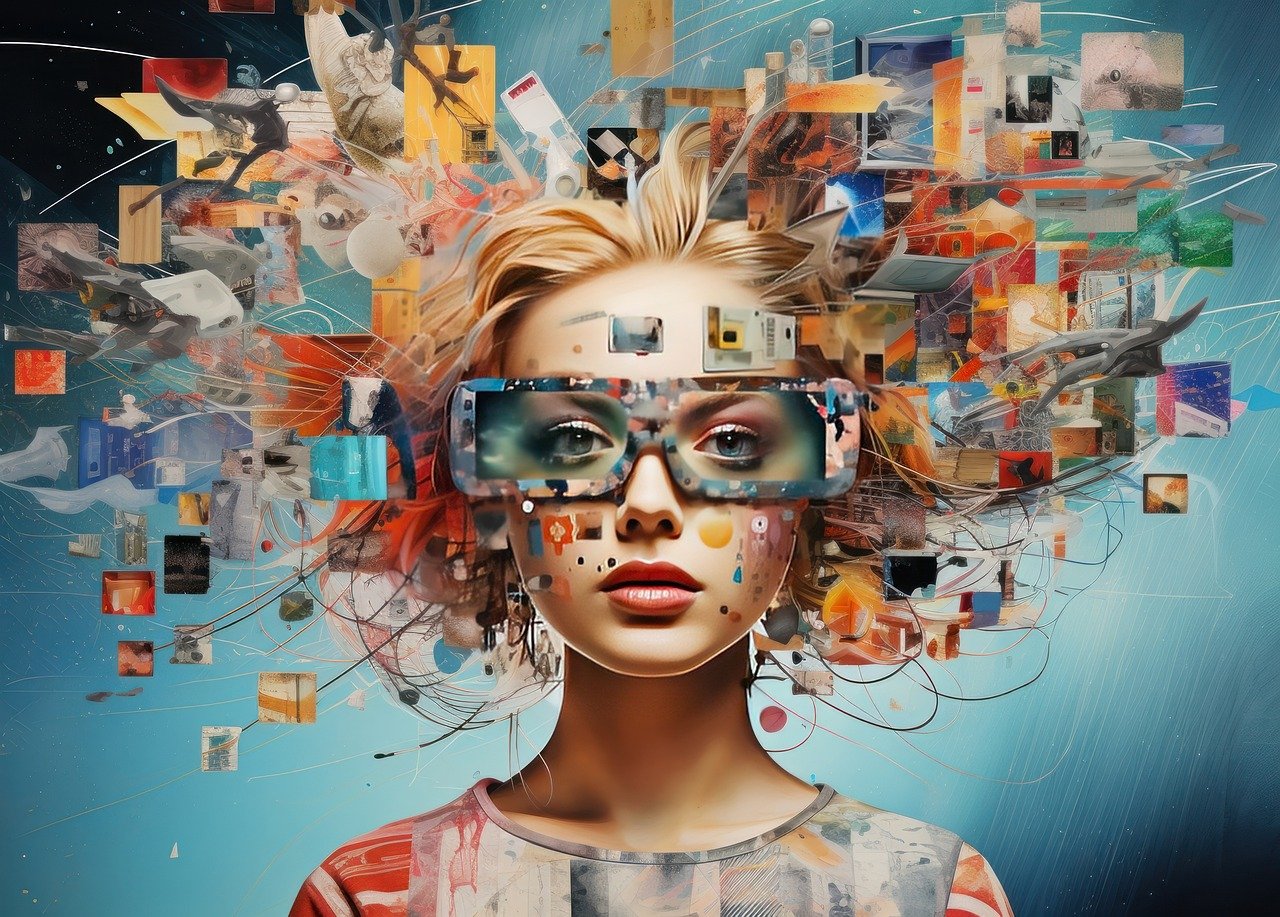
Influencer marketing has become a crucial part of digital marketing strategies worldwide, and looking ahead, Artificial Intelligence (AI) is poised to advance this evolution even further. AI is transforming content creation and collaboration between brands and influencers, ushering in a new era of marketing effectiveness. This article delves into the pivotal role AI plays in shaping the future of influencer marketing through innovative content and collaboration strategies.
The Emergence of AI in Influencer Marketing
AI’s integration into influencer marketing is reshaping how brands engage with their audiences. AI’s ability for data analysis, trend prediction, and content generation empowers brands to craft more personalized and impactful marketing campaigns. Here are various ways AI is influencing influencer marketing:
1. Precision Influencer Matching
AI algorithms can analyze extensive datasets to pinpoint influencers whose followers closely align with a brand’s target demographic. This goes beyond traditional metrics like follower count, examining audience interests, engagement patterns, and sentiment analysis. By ensuring a more precise brand-influencer fit, campaigns are more likely to resonate with the right audience, thereby enhancing their effectiveness.
2. Enhanced Content Creation
AI tools are revolutionizing content creation within influencer marketing. These tools can aid influencers in producing high-quality, engaging content tailored to their audiences. From suggesting trending topics to optimizing photo and video quality, AI empowers influencers to elevate their content, making it more captivating and shareable.
3. Predictive Performance Analytics
One of the most transformative applications of AI in influencer marketing is predictive analytics. By analyzing historical data, AI can forecast the potential success of influencer campaigns, providing valuable insights on the optimal posting times, content types, and expected ROI. This data-driven approach allows both brands and influencers to fine-tune their strategies for maximum impact.
4. Streamlined Communication and Workflow
AI-powered platforms are improving collaboration between brands and influencers by automating routine tasks such as contract management, content approval, and performance tracking. This streamlining not only accelerates workflows but also minimizes miscommunication, allowing both parties to concentrate on the creative elements of their campaigns.
5. Real-Time Engagement Analysis
AI tools enable real-time monitoring and analysis of audience engagement, offering instant feedback on influencer content performance. This allows brands and influencers to swiftly adapt their strategies in response to audience reactions, optimizing engagement and reach. Additionally, real-time insights help identify the most effective content formats and themes, further refining marketing strategies.
Challenges and Ethical Considerations
Despite the benefits, the integration of AI in influencer marketing presents several challenges. Ethical concerns surrounding data privacy, transparency in AI-driven content, and the authenticity of AI-enhanced posts must be addressed. As AI continues to evolve in influencer marketing, brands and influencers must prioritize transparency and ethical standards to maintain trust and credibility with their audiences.
The Future Landscape of Influencer Marketing with AI
Looking to the future, the role of AI in influencer marketing is anticipated to expand, driven by emerging technologies. The convergence of AI with augmented reality (AR) and virtual reality (VR) holds the promise of creating immersive brand experiences, fundamentally altering how influencers interact with their followers. Furthermore, advancements in natural language processing and generation will enhance AI’s capabilities in content creation, resulting in even more engaging and personalized influencer posts.
In the future, collaborative AI is expected to become more prevalent, with influencers and AI systems forming mutually beneficial partnerships. This collaboration will encompass personalized marketing strategies, interactive audience engagement, and insights into product development, extending beyond content creation. As AI systems continue to learn and develop, they will play a crucial role in the creative process, amplifying the unique talents and insights of human influencers.
As AI capabilities expand, there will be a greater focus on ethical usage and transparency in influencer marketing. This will lead to the establishment of standards and best practices governing AI use, ensuring that campaigns remain authentic and that influencers maintain their genuine voice. Ethical AI practices will protect consumer interests and uphold the integrity of influencer marketing as a trusted strategy.
The future of influencer marketing is closely tied to advancements in AI technologies. AI-powered content and collaboration strategies have the potential to redefine how brands and influencers interact with audiences, resulting in more personalized and effective marketing campaigns. Navigating this AI-driven landscape requires a focus on enhancing human creativity, ensuring ethical usage, and preserving the authenticity that is fundamental to successful influencer marketing. By doing so, brands and influencers can unlock unprecedented levels of innovation and engagement, propelling influencer marketing into an exciting new era.